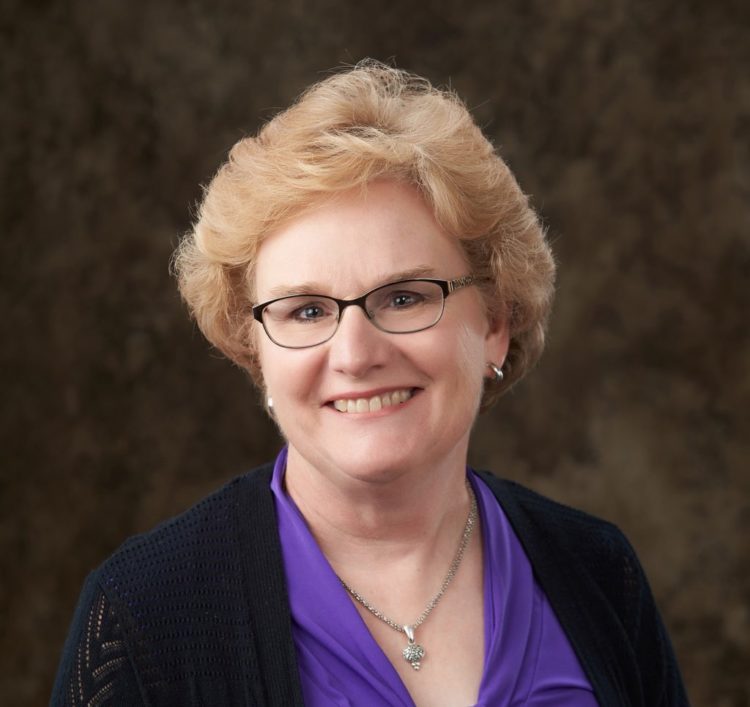
November is National Family Caregiver’s Month. It gives us a reminder to acknowledge those family members who have taken on the ‘work’ of caring for a loved one. Caregiving can really become a full-time job, where those who had other meaningful employment may have made the noble and loving choice to care for their loved one instead.
Former first lady Rosalynn Carter has said there are only four kinds of people in the world: those who have been caregivers, those who are currently caregivers, those who will be caregivers, and those who will need caregivers. Caregiving knows no economic or cultural boundaries. It will affect all of us or our families at some time.
Family caregivers are often doing all they can to meet the daily needs of their care recipient. In meeting those other needs, their own personal needs may continually get placed on the ‘back burner’ if they are not careful.
Research studies find high rates of depression and anxiety among caregivers and increased vulnerability to health problems. They often feel they have no control over events – and that feeling of powerlessness has a significant negative impact on caregivers’ physical and emotional health.
We might be reminded of the safety instructions given by the flight attendant before a flight. One of them is “If the oxygen masks drop down, put on your mask first before helping others.” The same goes for family caregivers. They need to make sure their needs are met so they can be the caregiver they want to be. A specific plan may be needed to take care of themselves.
How can family caregivers manage their self-care?
–Take responsibility and make it a priority to continue to include activities and relationships that are meaningful to them. Take daily breaks.
–Have realistic expectations on what a good caregiver is. Burdensome expectations placed on oneself as a caregiver can set the caregiver up for failure, resentment, and guilt.
–Focus on what can be done. The caregiver cannot change the care receiver if they have always been demanding and inflexible. However, the caregiver can control how they respond to the care receiver’s demands.
–Communicate effectively with others. These include family members, friends, health care providers, and the care receiver. The caregiver needs to convey their own needs and concerns in a positive manner.
–There will be emotional ups and downs as a caregiver. Don’t bottle up emotions. Repressing feelings decreases energy, causes irritability, depression and physical problems, and affects the ability to make the best decisions.
–Get help when needed. Don’t wait until ‘the end of your rope’ has been reached. Help might come from community resources, family and friends, or professionals. Find a way to follow through with vacation plans.
Not everyone is cut out to be a family caregiver. Kudos to those who have taken on this very caring responsibility. For those who may currently be in a caregiving situation, seek ways to take better care of yourself along the way so that you thrive, and not just survive. The rest of us need to find ways to help you succeed.
For more on support of caregivers, contact a Southwind Extension District Office. K-State Research and Extension is an equal opportunity provider and employer.
